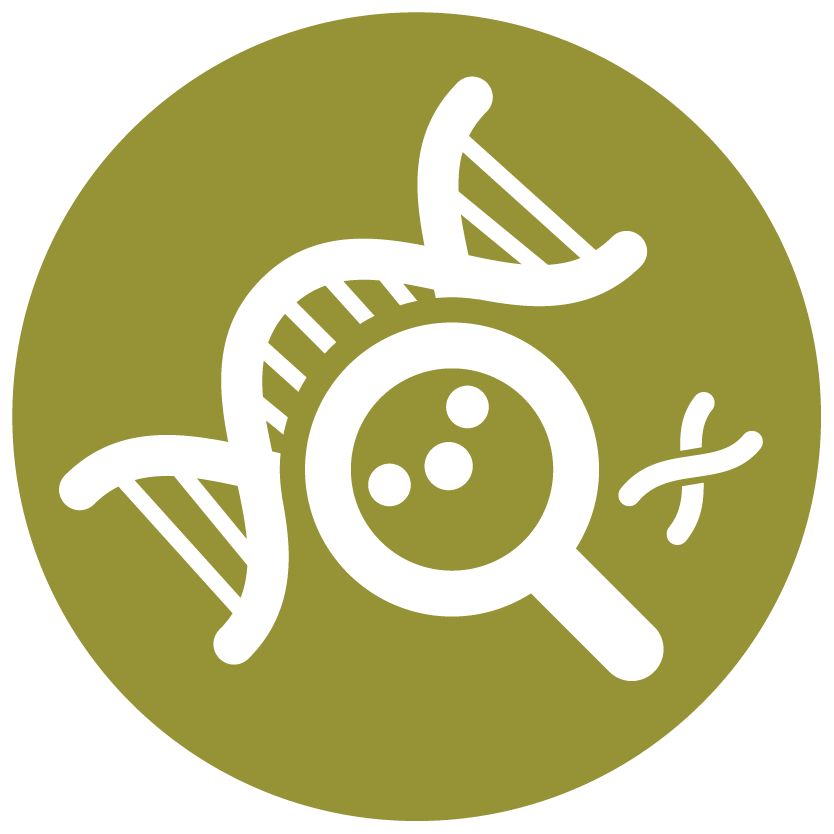Discovery and Basic Research
Rapid Fires: Emerging Technology as a Game Changer in Drug Discovery
Targeting T-Cell Exhaustion in 3D--Patient-Derived Triple Negative Breast Cancer Organoids and PDx Mice Models Using Novel Calcium Nanoparticles
Tuesday, November 11, 2025
3:00 PM - 3:15 PM CT
Location: 303 AB

Jemima Sani
Research Assistant
University of Georgia
Athens, Georgia
Rapid Fire Speaker(s)
Triple-negative breast cancer (TNBC) is one of the most aggressive and treatment-resistant subtypes of breast cancer affecting women in the United States. T-cell exhaustion has been identified as a key factor contributing to therapeutic failure, particularly in immunotherapy. This presentation highlights the nonclinical investigation of novel PD-1–linked calcium nanoparticles as a strategy to target T-cell exhaustion in TNBC.
Flow cytometry, confocal microscopy, single-cell sequencing, and immunoblotting analyses confirm that the nanoparticles effectively bind to human CD8⁺ T cells and enhance their cytotoxic function through the NF-κB and NFAT signaling pathways. This enhanced activity significantly decreased the viability of 3D patient-derived tumor organoids and humanized (PDx) mouse models, without any additional systemic toxicities observed.
Flow cytometry, confocal microscopy, single-cell sequencing, and immunoblotting analyses confirm that the nanoparticles effectively bind to human CD8⁺ T cells and enhance their cytotoxic function through the NF-κB and NFAT signaling pathways. This enhanced activity significantly decreased the viability of 3D patient-derived tumor organoids and humanized (PDx) mouse models, without any additional systemic toxicities observed.
Learning Objectives:
- Upon completion, participant will be able to understand the current treatment landscape of triple-negative breast cancer (TNBC).
- Upon completion, participant will be able to identify key factors contributing to immunotherapy resistance in TNBC.
- Upon completion, participant will be able to describe the scientific rationale and strategy behind the development of novel PD-1–linked calcium nanoparticles.
- Upon completion, participant will be able to discuss the importance of adopting human-relevant new approach methodologies (NAMs) in nonclinical research
- Upon completion, participants will be able to evaluate the impact of emerging technologies and recent regulatory considerations governing the adoption of human-relevant new approach methodologies (NAMs) in nonclinical and clinical research.


